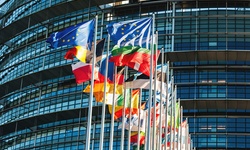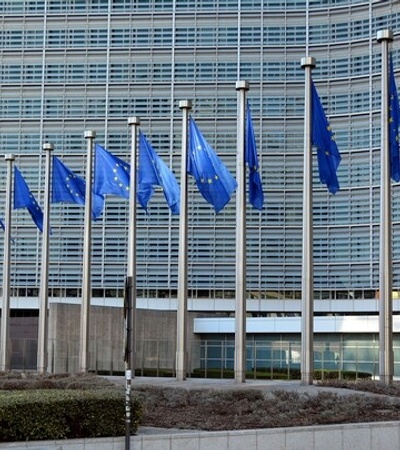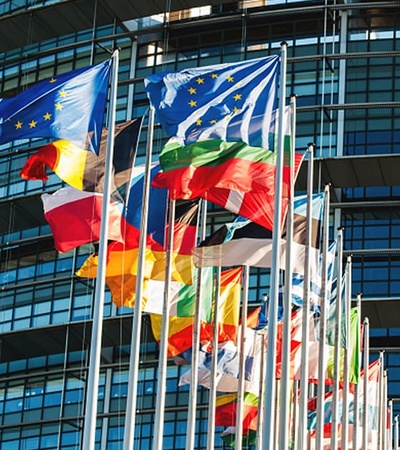
International Political Economy
Overview
Overview
The International Political Economy Specialization prepares future policymakers to navigate the complex relationship between politics and economics, in a rapidly evolving global landscape. As trade alliances shift, financial systems adapt, and technology transforms markets, this specialization equips you with the analytical tools and strategic perspective to understand and influence the forces that shape the world economy.
You will explore how trade, finance, and energy intersect with governance, innovation, and sustainable development. By combining insights from economics, political science, and international relations, you will learn to assess policy impacts, design inclusive growth strategies, and address global challenges.
With a strong focus on applied learning, you will engage with case studies, simulations, and policy labs that bring economic diplomacy and global markets to life. Madrid’s international outlook provides an ideal setting to connect with policymakers, financial institutions, and organizations driving global economic change, allowing you to translate learning into real impact.
Graduates emerge prepared to shape economic and trade policy across institutions, international organizations and multinational corporations, driving forward strategies that foster growth, resilience, and innovation in an increasingly interconnected world.

Want to know more?
Who is it for?
Who is it for?
This specialization is designed for students who seek to analyze and shape the dynamics that drive the global economy. It develops advanced expertise in international trade, finance, and global markets, while equipping students with practical competencies in negotiation, regulatory policy design, and data-driven economic analysis.
Combining theory and applied learning, the specialization prepares future professionals to formulate strategies for trade, investment, public affairs, and sustainable economic growth across borders. It is ideally suited for students aspiring to careers in governments, international organizations, financial institutions, multinational corporations, and global consulting firms.
- José Ignacio Fernández-SalvadorSenior Manager
ANY DOUBTS?
Schedule a personal consultation call with our Program Specialist and solve all your questions!
What makes this specialization stand out?
What makes this specialization stand out?
Careers
Careers
Graduates of the International Political Economy specialization are uniquely prepared to navigate and shape the forces driving the global economy. They acquire strong analytical, economic, and political skills to work across sectors and organizations, addressing challenges of the intersection of markets and policy.
- 01.
Government and Public Institutions
Work as economic policy advisors or trade officers in ministries of economy, finance, or foreign affairs, designing and implementing economic strategies on trade, at national and international levels.
- 02.
International and Regional Organizations
Join the IMF, World Bank, WTO, OECD, or regional development banks as multilateral economic governance analysts or trade policy specialists, contributing to global economic policy design, regulatory reform, and sustainable development initiatives.
- 03.
Financial Sector and Global Markets
Pursue roles in banks, investment funds, or rating agencies as global markets analysts, financial stability researchers, or sovereign risk advisors, analysing exchange rates, capital flows, and debt dynamics that shape financial stability and growth.
- 04.
Private Sector and Geopolitical Risk Consulting
Enter the consulting, energy, and corporate strategy sectors as geopolitical risk consultants, market strategists, or sustainability analysts, evaluating how political and regulatory changes affect global trade, energy transitions, and investment decisions.
- 05.
Energy, Infrastructure, and Sustainability Sector
Work in energy companies, international consultancies, or public–private partnerships as energy and resource policy specialists, focusing on the geopolitics of energy, critical minerals, and sustainable infrastructure.
- 06.
Think Tanks, Research Institutes, and NGOs
Engage as development economists, inequality researchers, or policy fellows, producing evidence-based insights on the links between trade, finance, labour markets, and inclusive growth.





